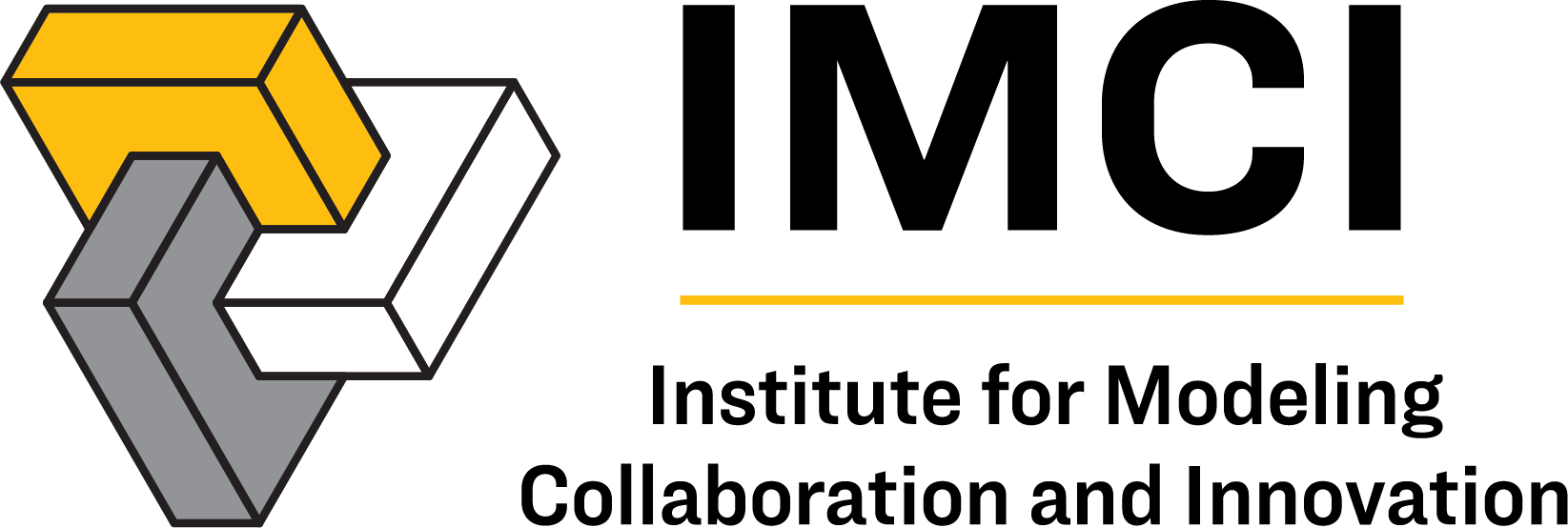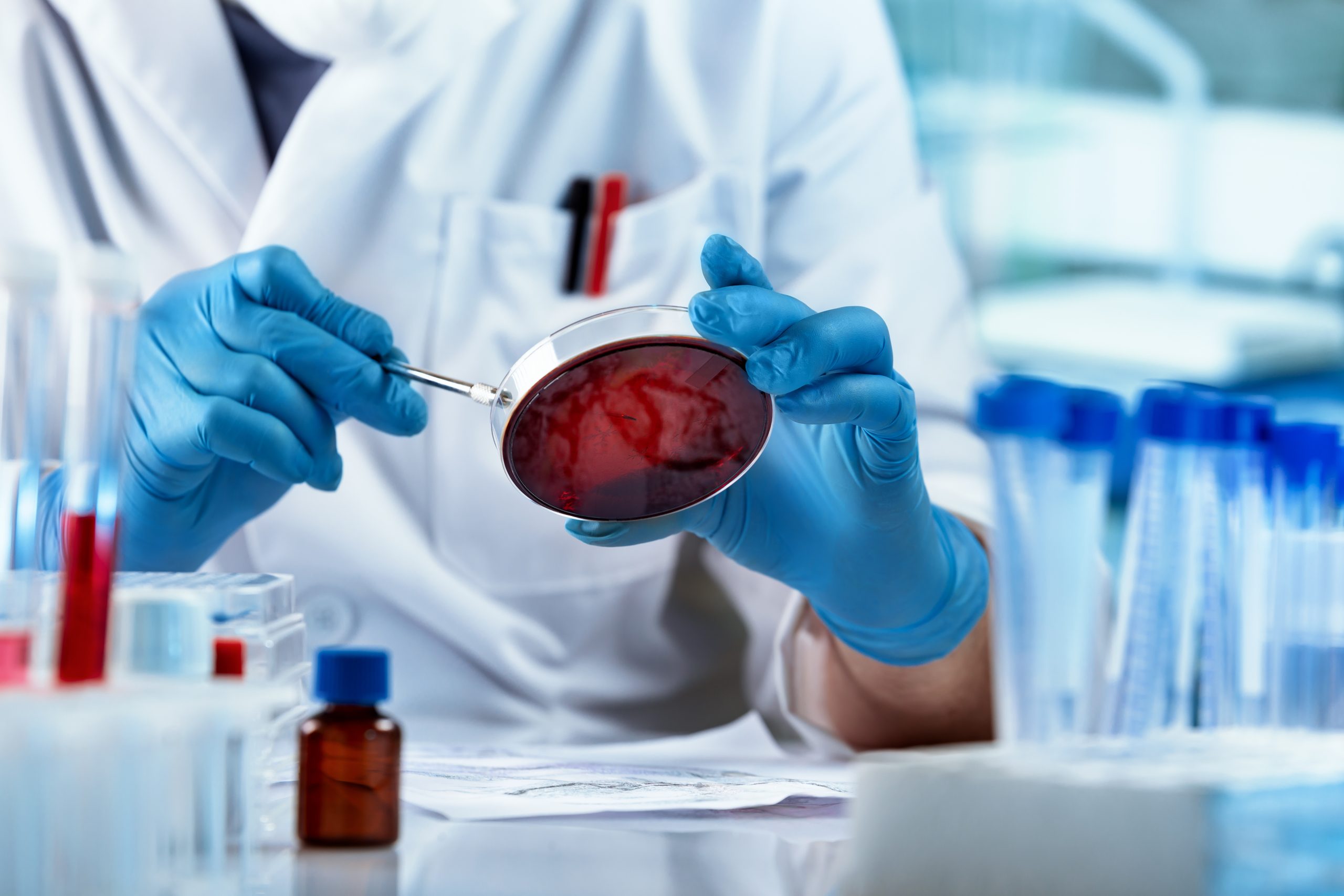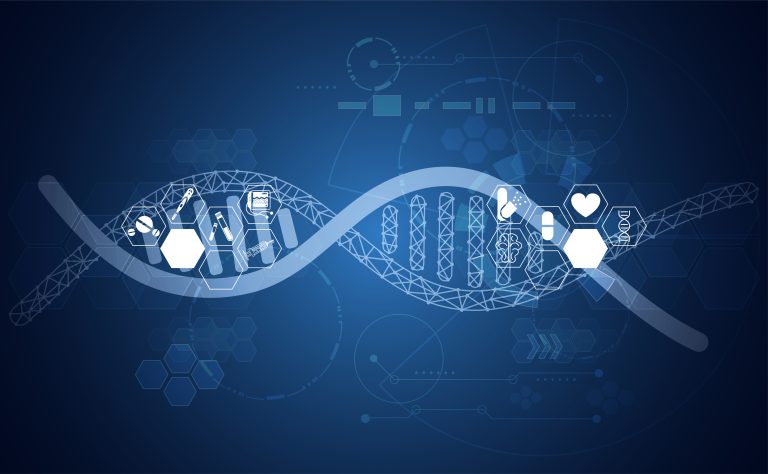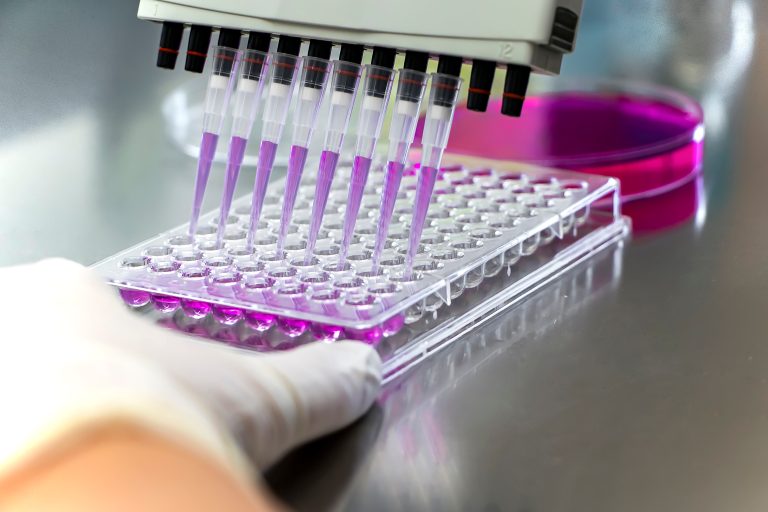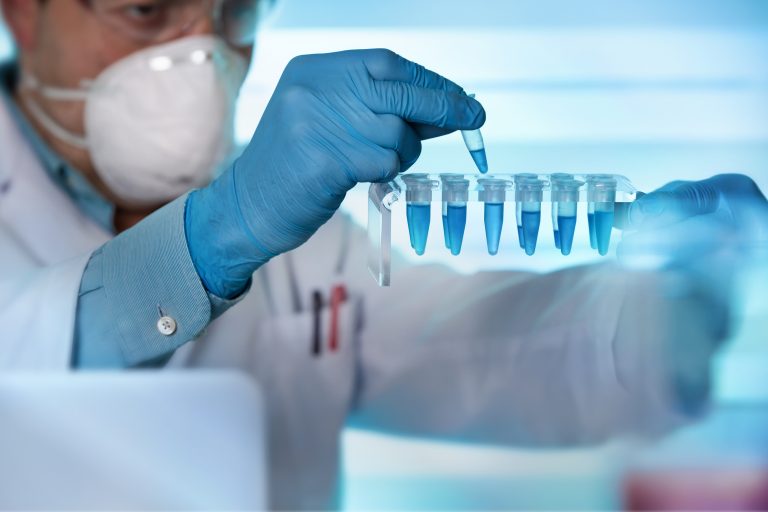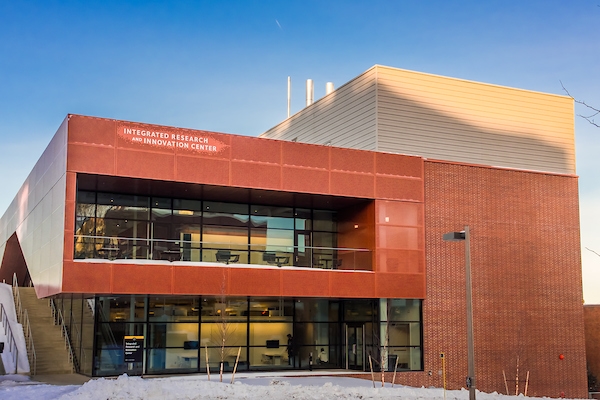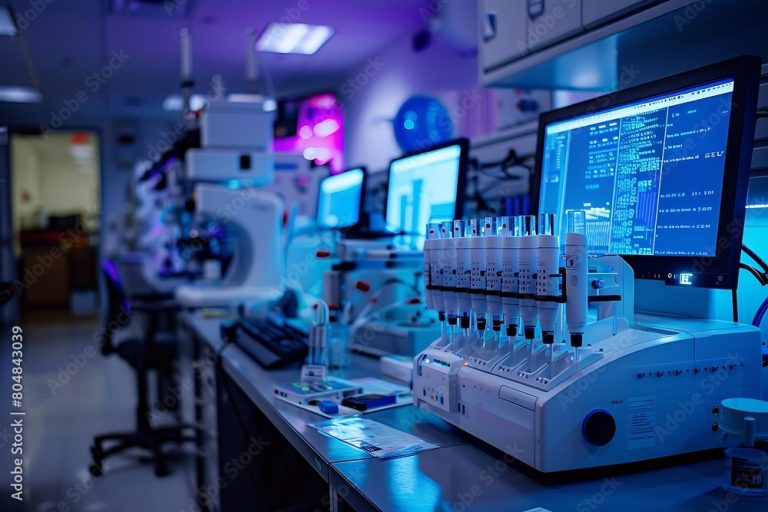Modeling Stem Cell Behavior for Advancing Novel Tendon Therapies
Project Directors: Kyle Harrington, Nathan Schiele
Project Team: Leo Epstein, Sophia Theodossiou, Aniruddha Belsare
Tendons are collagen-rich musculoskeletal tissues that transfer mechanical forces from muscle to bone to allow for normal human movements, such as locomotion. Unfortunately, tendon injuries are frequent, treatment options are limited, and the mechanical function of tendon rarely returns to pre-injury levels.
Recent efforts to develop engineered tendon replacements and improve tendon healing have focused on using mesenchymal stem cells (MSCs). However, these engineered tendon tissues have yet to match the structure and mechanical function of native tendons. Thus, there is a critical need to identify the mechanisms that direct tenogenesis (differentiation toward tendon) and tendon formation by MSCs before effective regeneration tendon approaches can be developed.
The team’s long-term goal and innovative approach is to advance tendon healing by identifying developmentally guided mechanisms that regulate tenogenesis in MSCs for use in engineered tissues and regenerative medicine.
In order to determine what role the cell network plays in regulating MSCs to form tendon, 2 computational models will be explored:
- an image-based model at the single cell scale, and
- a cell-cell network model.
